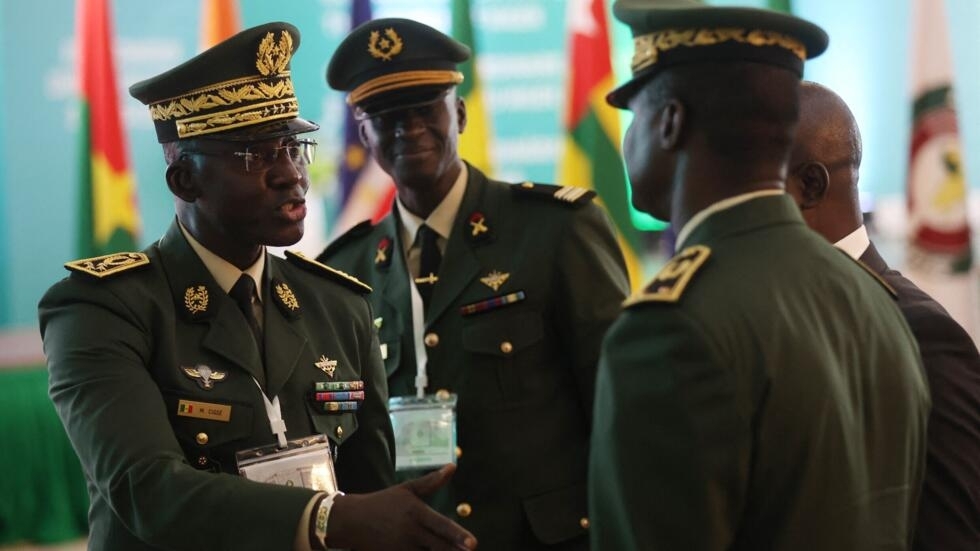
Military and political sources in the region indicated on Tuesday that military leaders from the West African bloc ECOWAS are scheduled to convene in Ghana this week to deliberate on potential intervention in Niger.
The meeting, originally slated for the past weekend but subsequently rescheduled, is set to take place on Thursday and Friday.
Summits comes after ECOWAS leaders’ endorsement last week of deploying a “standby force to reinstate constitutional order” in Niger, where the president was deposed on July 26.
Their meet, which occurred in Abuja, the Nigerian capital, last Thursday, reiterated the bloc’s inclination toward a diplomatic resolution.
The election of President Mohamed Bazoum in 2021 marked a significant milestone in Niger’s history, marking the nation’s inaugural peaceful transition of power since gaining independence from France in 1960.
His removal sent shockwaves throughout West Africa, resonating particularly with Mali and Burkina Faso. These nations, similarly grappling with a militant insurgency, have also experienced military coups.
On July 30, the Economic Community of West African States (ECOWAS) issued a one-week ultimatum to Niger’s military leaders, urging them to reinstate Bazoum or potentially face the use of force. However, the deadline lapsed without any action taken.
Experts suggest that a military intervention would pose operational risks and political challenges due to divisions within the ECOWAS alliance and potential domestic backlash.
Mixed Signals
Niger’s military government has conveyed conflicting messages since the onset of the crisis.
Over the weekend, the leaders of the coup expressed their willingness to engage in diplomatic efforts following a meeting between their leader, General Abdourahamane Tiani, and Nigerian religious mediators.
These discussions followed the postponement of the ECOWAS military meeting in Ghana due to “technical reasons.”
However, on Sunday night, the ruling authorities of Niger announced that they had amassed substantial evidence to bring charges against Bazoum for “high treason and the subversion of internal and external security.”
The legal jeopardy drew strong condemnation from ECOWAS, which criticized it as contradictory to the regime’s purported readiness to pursue peaceful avenues.
The dispute cast a shadow over discussions initiated on Monday in Addis Ababa under the auspices of the African Union (AU). These talks brought together representatives from the ruling regime and ECOWAS.
In a phone conversation with Mali’s junta leader, Assimi Goita, Russian President Vladimir Putin emphasized the necessity for a “peaceful political and diplomatic” solution to the crisis, the Kremlin said on Tuesday.
Since its coup in 2020, Mali has solidified a partnership with Moscow, obtaining Russian aircraft and helicopters while enlisting paramilitary forces that the Western nations claim to be Wagner mercenaries.
Poverty Stricken Nation
Situated in the arid heart of the Sahel region and devoid of coastline, Niger stands as one of the planet’s most impoverished and tumultuous nations.
At the age of 63, Bazoum managed to survive two prior attempted coups before ultimately being deposed, marking the fifth instance of a coup in the history of the nation.
His removal delivers a significant setback to the strategies pursued by both France and the United States in the Sahel region.
After a falling out with their respective military governments, France redirected its efforts in countering militant activities towards Niger. This shift occurred subsequent to their withdrawal from Mali and Burkina Faso last year.
Global apprehension is escalating over the well-being of Bazoum, along with his wife and son, who have been confined to the official presidential residence since the coup.
